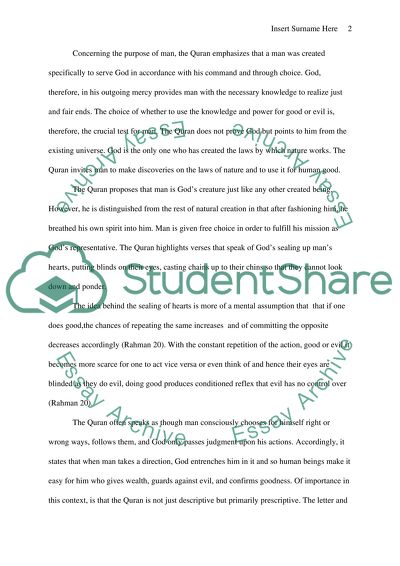Cite this document
(“What is the Quran about according to Fazlur Rahmans Major Themes of Essay”, n.d.)
What is the Quran about according to Fazlur Rahmans Major Themes of Essay. Retrieved from https://studentshare.org/religion-and-theology/1668216-what-is-the-quran-about-according-to-fazlur-rahmans-major-themes-of-the-quran
What is the Quran about according to Fazlur Rahmans Major Themes of Essay. Retrieved from https://studentshare.org/religion-and-theology/1668216-what-is-the-quran-about-according-to-fazlur-rahmans-major-themes-of-the-quran
(What Is the Quran about According to Fazlur Rahmans Major Themes of Essay)
What Is the Quran about According to Fazlur Rahmans Major Themes of Essay. https://studentshare.org/religion-and-theology/1668216-what-is-the-quran-about-according-to-fazlur-rahmans-major-themes-of-the-quran.
What Is the Quran about According to Fazlur Rahmans Major Themes of Essay. https://studentshare.org/religion-and-theology/1668216-what-is-the-quran-about-according-to-fazlur-rahmans-major-themes-of-the-quran.
“What Is the Quran about According to Fazlur Rahmans Major Themes of Essay”, n.d. https://studentshare.org/religion-and-theology/1668216-what-is-the-quran-about-according-to-fazlur-rahmans-major-themes-of-the-quran.


